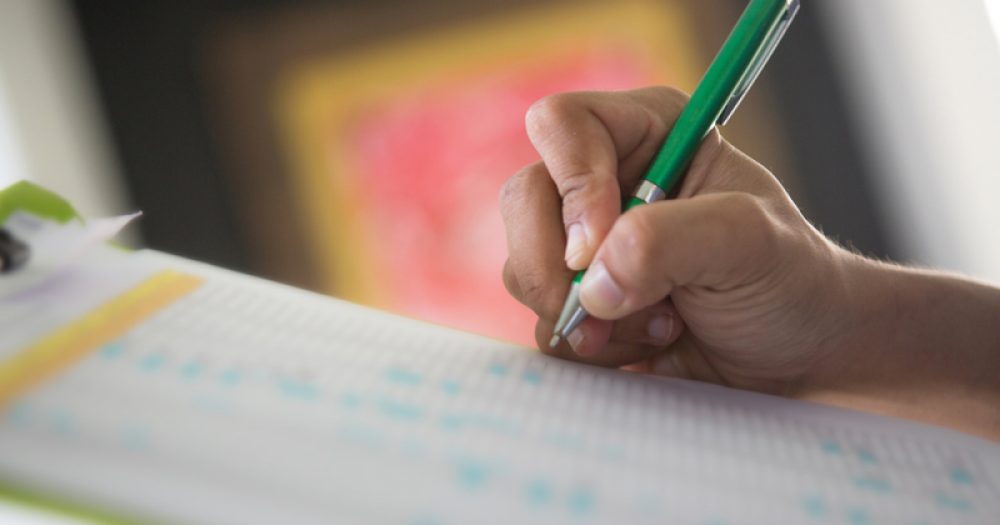Pupils who do not attend school because they have to self-isolate or quarantine will not be recorded as absent, the Department for Education has clarified.
Schools have been told to record non-attendance by pupils who are required by law or government guideance to stay away with “code X”, which does not count as an absence in the school census.
During partial closures between March and July, schools were told to record every absence as authorised, but Gavin Williamson, the education secretary, announced last month that the usual system of absence fines will resume in September.
Williamson’s announcement prompted questions about how it would affect pupils forced to remain at home.
Today, the government has confirmed it is changing regulations governing school attendance registers to add a new category of non-attendance – for pupils “not attending in circumstances related to coronavirus (COVID-19)”.
From September, schools will be instructed to mark with “code X” any pupil for whom attending school would contrave guidance from Public Health England or the Department of Health and Social Care, or for whom attendance is prohibited by any legislation relating to the transmission of coronavirus.
The DfE has also said that the new category of non-attendance “will not count as an absence (authorised or unauthorised) for statistical purposes”, in line with Williamson’s “expectation that no parent will be penalised for following official public health advice for their child not to attend a given session”.
Examples given by the DfE of when the new attendance category will apply include situations where pupils are required to self-isolate because they or a family member has symptoms or a confirmed case of coronavirus, or if they have been identified as a “close contact” of someone who has or is suspected to have the disease.
It will also apply to pupils who are required by legislation to self-isolate as part of a period of quarantine, for example, those who have returned from certain countries. Pupils who are clinically extremely vulnerable will also be covered, but only if they live in an area that is subject to a local lockdown.
Under local lockdowns, the government said schools “may need to prevent some pupils from attending”. If they are advised by PHE or the DHSC to keep pupils away, those pupils can also be marked with “code X”.
However, schools will be expected to “immediately offer” access to remote education to any pupils staying away because of Covid, the DfE guidance states.
The guidance, however, does not cover pupils whose parents decide to keep them at home because of concerns about the spread of coronavirus.
Many parents are still undecided about whether to send their children back to school next term amid fears about a second wave, and heads have warned that the re-imposition of absence fines risks pitting schools and families against each other.
Last month, NAHT general secretary Paul Whiteman said fines “drive a wedge between schools and families at the best of times”, which was “something we can ill afford when getting more pupils back in school will rely on a huge amount of cooperation and understanding between schools and families”.








Your thoughts